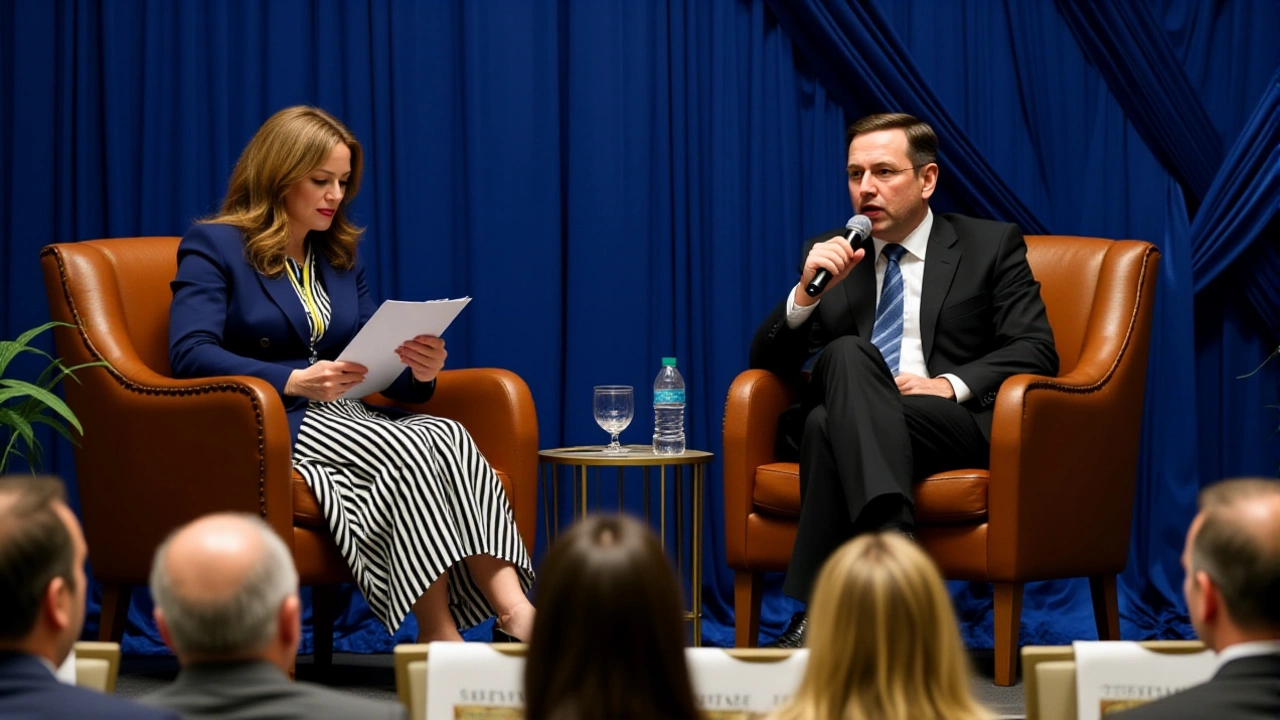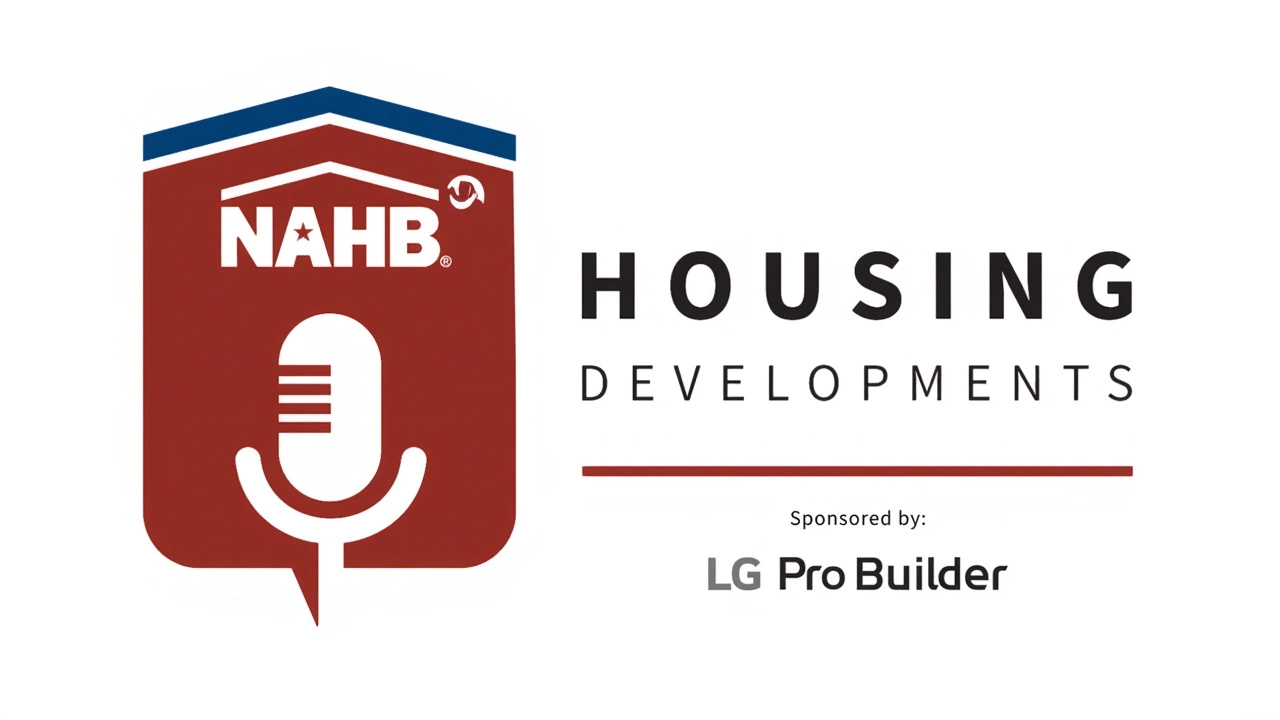
The de Nicola Center for Ethics and Culture is preparing to host its 25th Annual Fall Conference — a milestone event that will bring together some of the most influential Catholic thinkers, philosophers, and public intellectuals in the world. From November 13 to 15, 2025, the campus of the University of Notre Dame in Notre Dame, Indiana will become a hub for deep, interdisciplinary dialogue on what it means for traditions — religious, cultural, legal, and artistic — to remain alive, not as relics, but as living forces shaping the present and future. The theme, "'That which I Also Received': Living Tradition," isn’t just poetic; it’s a challenge. To receive something is to inherit responsibility. To live it is to renew it.
Keynote Voices: Architecture, Love, and Prudence
Three keynote speakers will anchor the conference with distinct yet interconnected perspectives. Philippe Villeneuve, chief architect for historical monuments at Notre-Dame de Paris, will speak on how physical spaces — like the cathedral rebuilt after the 2019 fire — carry memory, faith, and identity across centuries. His work isn’t just restoration; it’s resurrection. Then there’s Zena Hitz, tutor at St. John's College in Annapolis and author of Lost in Thought and A Philosopher Looks at the Religious Life. She’ll explore how love — not just emotion, but disciplined, habitual attention — sustains tradition in a distracted age. And rounding out the trio, Most Rev. Daniel Flores, Bishop of Brownsville since 2009, will address prudence as the moral compass that guides tradition through political and cultural upheaval.
According to The Irish Rover, these three talks — on architecture, love, and prudence — weren’t chosen at random. They represent the three pillars of a living tradition: the material (buildings, rituals), the affective (love, community), and the intellectual (judgment, discernment). One student, Brian Buttner, a fifth-year architecture student at Notre Dame, told the campus paper: "The three talks that I’ve been to have all solidified the idea that students are not well-read enough and I felt personally attacked by that." That reaction? It’s exactly what the Center hopes for.
A Panel That Defies Easy Labels: King, Goldwater, and American Freedom
One session stands out not just for its timing — Friday, November 14 at 10:45 a.m. — but for its daring juxtaposition. The panel, "Martin Luther King, Jr., Barry Goldwater, and the Living Tradition of American Freedom University of Notre Dame ", is sponsored by the Center for Citizenship & Constitutional Government. It features Nicholas Buccola of Claremont McKenna College and Melvin Rogers from Brown University. They’ll discuss Buccola’s new 2025 book, One Man’s Freedom: Goldwater, King, and the Struggle over an American Ideal, published by Princeton University Press.
It’s a provocative pairing: a civil rights icon and a conservative firebrand. But the panel isn’t about red vs. blue. It’s about how both men, in radically different ways, rooted their visions of freedom in moral traditions — King in the prophetic witness of the Black Church, Goldwater in classical liberalism and the Constitution. Their shared ground? A belief that freedom without virtue is chaos. The panel doesn’t just examine history; it asks whether today’s political discourse still has the language to speak of virtue at all.

More Than a Conference: A Living Tradition in Action
Over 100 scholars, artists, and practitioners will participate in panels spanning theology, literature, law, music, and education. One session explores how medieval chant survives in modern choirs. Another traces how Catholic social teaching shaped labor movements in 1950s Ohio. There’s even a roundtable on the ethics of AI in liturgical practice.
The conference doesn’t end with lectures. It concludes with a live recording of The Pillar’s podcast at Legends, Notre Dame’s on-campus restaurant. Hosts J.D. Flynn and Ed Condon will interview Martin — whose full name isn’t yet public — about her vision for the Center. Meanwhile, Lucy Spence, Editor-in-Chief of The Irish Rover, will reflect on what Catholic identity means for students today. These aren’t side events. They’re the heartbeat of the gathering.

A Quarter Century of Intellectual Courage
The de Nicola Center has hosted this conference every year since 2000. Past speakers include Nobel laureate James Heckman, legal philosopher John Finnis, and public intellectual Charles Taylor. Themes have ranged from "Ever Ancient, Ever New: On Catholic Imagination" (2024) to "'Dust of the Earth': On Persons" (2023). Each year, the Center pushes beyond comfort zones — not to provoke, but to deepen.
As the Center’s YouTube channel puts it, its mission is to share "the richness of the Catholic moral and intellectual tradition through teaching, research, and dialogue, at the highest level and across a range of disciplines." This year’s conference doesn’t just continue that mission — it redefines it. Tradition isn’t about preserving the past. It’s about handing down the tools to think clearly, love deeply, and act courageously in a world that’s forgotten how.
Frequently Asked Questions
Why is this conference considered politically significant despite its religious focus?
Because it brings together thinkers from across the ideological spectrum — like Martin Luther King Jr. and Barry Goldwater — who both grounded their political visions in moral traditions. The conference challenges the notion that faith-based ethics are separate from public policy, showing how Catholic intellectual tradition informs debates on freedom, justice, and human dignity in ways that transcend partisan labels.
Who is eligible to attend the conference, and is it open to the public?
The conference is open to students, faculty, and the general public, though registration is required. Over 80% of attendees in past years have been non-NOTRE DAME affiliates, including journalists, clergy, policymakers, and artists. This year’s event expects more than 1,200 participants, with overflow seating arranged in campus chapels and lecture halls.
How does this year’s theme connect to current cultural debates?
In an age of rapid technological change and eroding social norms, the idea of "living tradition" offers a counter-narrative to radical individualism. By examining how customs, rituals, and moral frameworks endure — and adapt — the conference addresses why so many young people feel spiritually adrift. It suggests that meaning isn’t invented daily, but inherited, refined, and passed on.
What role does architecture play in preserving tradition, according to Philippe Villeneuve?
Villeneuve argues that buildings like Notre-Dame aren’t just stone and glass — they’re collective memory made visible. His restoration work doesn’t replicate the past perfectly; it honors the craftsmanship and intent of previous generations while integrating modern safety standards. For him, tradition in architecture means continuity with intentionality — not nostalgia, but responsibility.
How has the de Nicola Center evolved since its founding in 2000?
What began as a small seminar series has grown into a globally recognized platform that attracts Nobel laureates, bishops, and leading scholars from secular institutions. The Center now funds research grants, publishes peer-reviewed essays, and partners with universities from Oxford to Lima. Its evolution reflects a broader shift: Catholic intellectual life is no longer isolated but engaged — critically, respectfully, and boldly — with the wider world.
Where can people access recordings or materials from the conference?
All keynote addresses and select panels will be archived on the de Nicola Center’s YouTube channel and website within 72 hours of each session. Transcripts will be available for download, and a curated anthology of papers will be published in early 2026 by the University of Notre Dame Press. Contact Brooke Tranten ([email protected]) for media access requests.